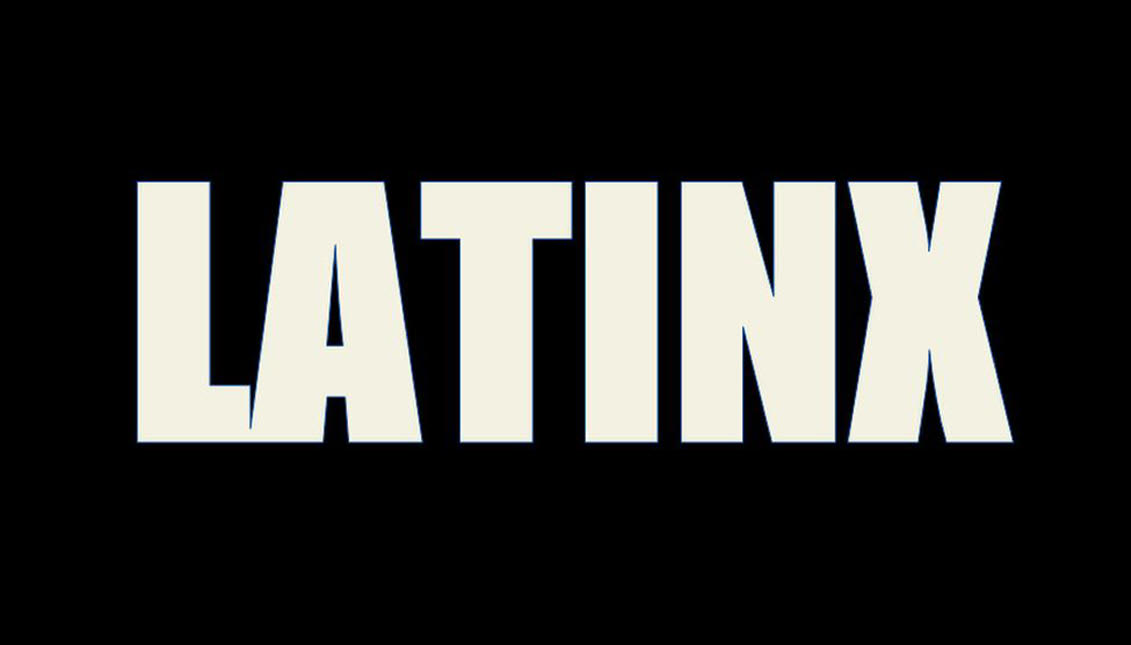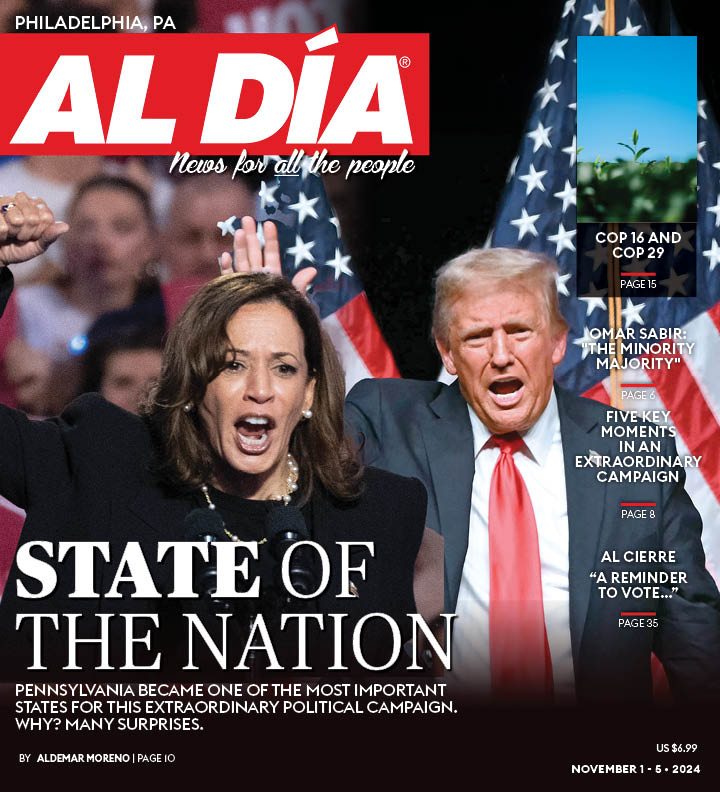
Is the use of 'Latinx' a Democratic strategy?
A new Pew study found that nearly half (47%) of all Democratic lawmakers used the term on social media compared to 1% of Republicans.
At the beginning of August, a study conducted on Latinx individuals in the U.S. by Pew said that only 3% of them were using the term “Latinx” to self identify.
Despite the low usage, as Latinx politicians rise and the term becomes more widespread, so does its use by members of the U.S. Congress.
A new Pew study on the term “Latinx” says one-quarter of lawmakers during Congress’ 116th session used the term on Facebook or Twitter. This was up from just 2% during the 114th session, which started in 2015 and ended in 2017.
But as mentioned, only 3% of Latinx individuals self-identified as Latinx, and only 23% had heard of the term before.
For those who do not know, Latinx is a term used for gender-neutrality or for those who identify as nonbinary. The idea is for people who are of Latin American origin or descent to have more inclusivity
RELATED CONTENT
Despite the rise in Congress’ usage, it has not “been accompanied by a decline in the use of terms like Latino/Latina or Hispanic,” according to Pew.
When looked at through a partisan lens, the term is also more commonly used among Democratic lawmakers over Republicans. In the 116th Congress, almost half of Democratic lawmakers (47%) have used Latinx on social media, while a measly 1% of Republicans have used it.
Of the Latinx members of Congress, the usage of Latinx also sways on the partisan line. Sixty-nine percent of Latinx Democrats used the term this session, while only 13% of Republican Latino lawmakers did so.
The heavy usage by Democrats could have to do with the party’s targeting of the Latinx vote in 2020.
Yes, only 3% of Latinx individuals self-identify with the term according to Pew’s research, but the term has been more accepted by the younger Latinx population, which will have the strongest political voice going into 2020 and beyond.
Those voters are not just the future of the Democratic party, but the whole country.











LEAVE A COMMENT:
Join the discussion! Leave a comment.